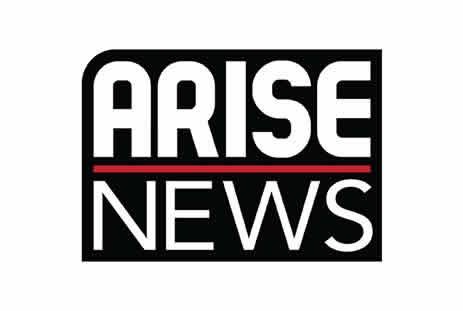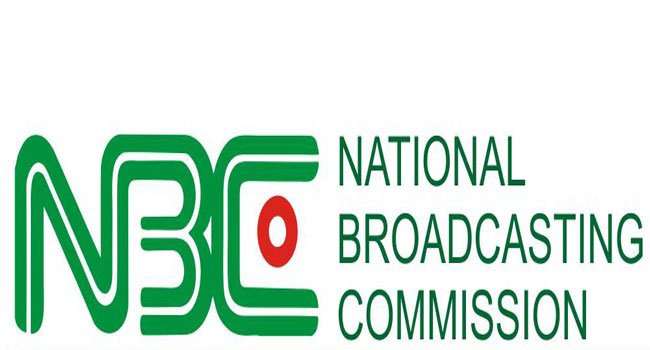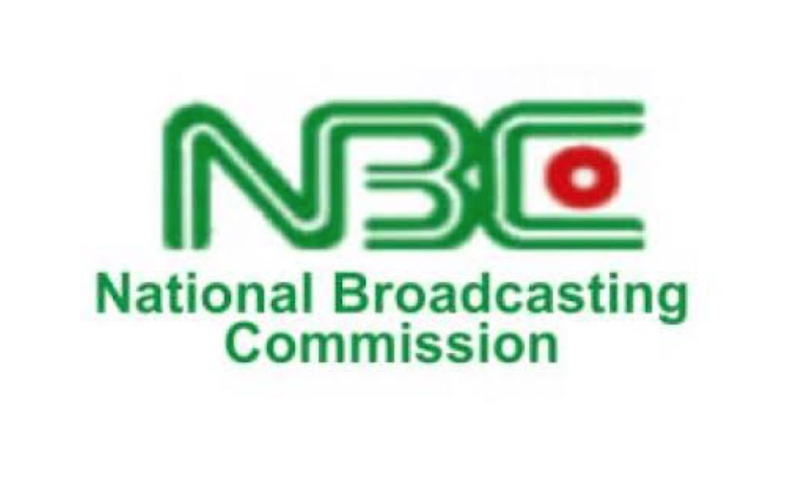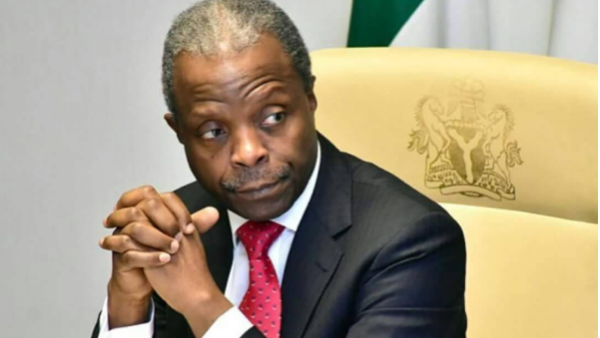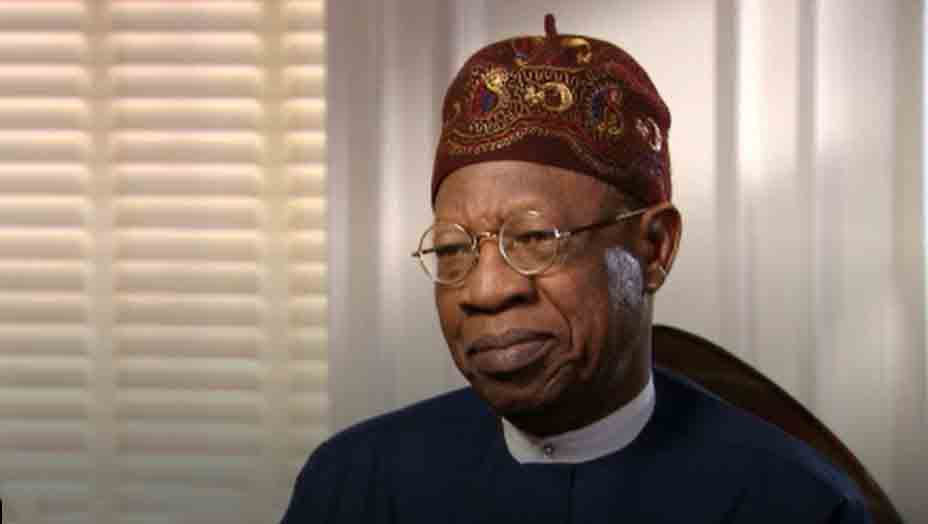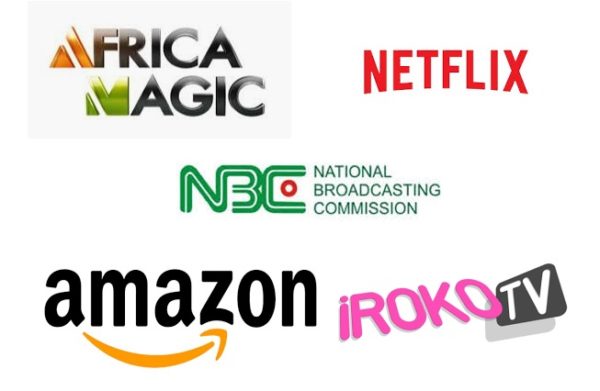The nightmare which all regulators fear came upon the National Broadcasting Commission (NBC) last week. Unable to accept the depth of weakness in the new Nigeria Broadcasting Code which was largely pilloried by all, the NBC allowed itself to be dragged to court by an aggrieved party who challenged some sections of the Code, and the prayers were granted. As it is, the Code has been thrashed and it can hardly be useful to the industry any more.
All over the world, no regulator wants to receive a court humiliation. Each defeat in court hamstrings the regulator and whittles down its capacity for regulation. Some litigations are good to test the capacity of any law, but not this particular case whose end could only bring disaster to the regulator.
The NBC Act empowers the NBC to work with the industry to produce A Nigeria Broadcasting Code that will guide operations in the broadcast industry. The sixth edition was signed by Ishaq Modibbo Kawu. In all the history of the Code in Nigeria there hardly has been anything so contentious. It may not really be Modibbo’s fault. The hawks took away the process from him, and he was perhaps too weak to cry for help.
Not everybody was helpless or that weak to take action. Mr Femi Davies went to a Lagos High Court to seek help from a temple which is also taken as the last hope of the common man. There was so much to cry about. The amended sixth edition of the Code virtually made it impossible for people to transact good business in broadcasting or for a broadcaster to source for premium content to boost his market opportunities. The Code says that after you have done all these things, put special programmes together, or commission prime content like Front Row on M-Net in those days, or even source for football content like premiership or even WWF, you must now make those programmes available to your competitor. It was difficult to locate this development in the realm of common sense, but Davies ran to the Courts to help make sense out of an unfolding development that could ruin the business of so many people.
Justice Ambrose Lewis-Allagoa did his job clinically without room for emotions. The NBC he said didn’t have the powers to regulate advertising and equally lacks the power to prohibit exclusivity on privately acquired intellectual property right in programme contents of a right holder.
Said Justice Lewis-Allagoa, “I agree with the submission that acquisition of exclusive rights to Broadcast a particular program is an investment for returns and by virtue of the above-stated provisions, no one should be forced to surrender same when it is lawfully acquired…
“I am in agreement with the plaintiff counsel that the said proposed amendment is a violation of the principle of fair hearing and natural justice. The proposed amendment purports that the defendant NBC shall without any fact-finding or recourse to the other party place the advertising agency on its black list, solely based on the complaint of a media house and shall pass its verdict without hearing the other parties.
“I have determined the questions in the originating summon in favour of the plaintiff. For reasons hereinbefore given, consequently, all the reliefs sought by the plaintiff are granted as prayed. That is the judgment of the court .”
He therefore set aside the amendment to the 6th Edition of the NBC Code for being ultra vires, incompetent null and void, and perpetually restrained the Commission from implementing it.
It is the responsibility of the NBC to make a Code but in developing the sixth edition, external but powerful forces took the process away from the Commission and introduced some very unsavoury details which were all primed to create business for some overlords who were not ready to invest before harvesting.
There were too many red flags on the Code and we tried to point some out but not so many people have the stomach to accept a truth that is not palatable. We warned that the Code would destroy the industry which is already too fickle but people see the glamour of television and just assume that all is well.
Here is our position on this matter in June 2020 but which has now been validated by the Honourable Justice Lewis-Allagoa.
• The broadcast market is an open market where people shop for what they want, just like any open market in Abuja, if stripped of technology accoutrement.
• All contents are essentially raw until you begin to build them into attractive packages and channels
• TV especially Satellite, Cable and IPTV, among others, depends on premium programming
• Broadcasters build premium channels for niche audiences, which sometimes are segmented, for onward marketing to advertisers; niche audiences marketed to advertisers
• There are business decisions which should be left to business or broadcast partners for them to hammer out a relationship.
• TV avails are paid for by subscribers and advertisers who are more interested in professionalism than patriotism. But know that patriotism can professionally be packaged to attract commercial interests.
• Most broadcasters build premium channels to have a special cut of the market. This is not abominable. What is abominable is the fraudulent who wants to hide under patriotism to destabilize the market.
This writer then concluded at the time that “in spite of some exciting takeaways, the amended Code in the main, is an attack on market democracy. It leaves little encouragement for people to scrutinize why some local broadcast businesses fail in Nigeria and can hardly go beyond our shores while foreigners succeed. What springs hope here is that the life of a Broadcasting Code is four years. It is recommended that the NBC should not begin to savour a mission accomplished but should immediately commence stakeholder engagement on creating a better industry and working on a robust document that will be less discriminatory.”
With the Code thrashed in court this suggestion has turned the bend to embrace reality. The pronouncement of the court has given my suggestion even more speed. Under this administration, the NBC has suffered the casualty of leadership, so many DGs coming into office in stunning regularity, to the extent that whoever gets into that office will be afraid to take measures that could attract repreminds from the authorities.
Seven years of this administration hasn’t done broadcasting well. That is not the fault of President Muhammadu Buhari. That is plainly the fault of the supervising minister, Alhaji Lai Mohammed who is either overzealous or just really has not taken time to understand the business of broadcasting. But whatever it is, it is our opinion here that the NBC has a great opportunity to start afresh, have the strength of character to admit that the sixth edition of the Code was a complete disaster, and then mobilise the industry to develop a document that can do everybody good. So instead of seeing the judgement as a death blow, I see it as a wake-up call to do something more humanising for both man and business.
